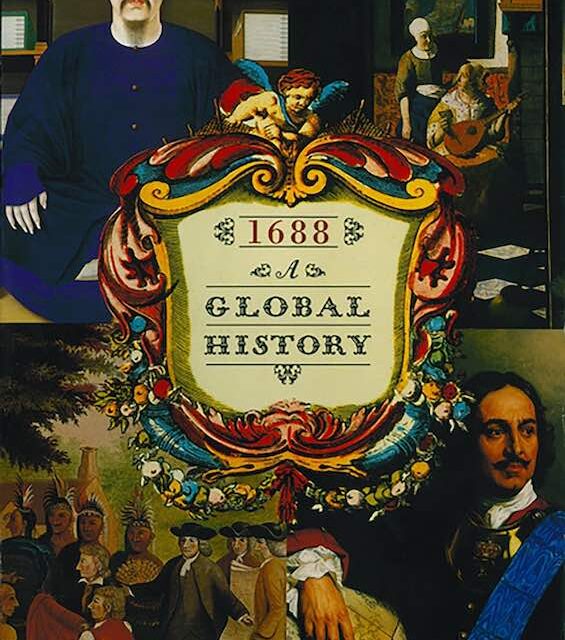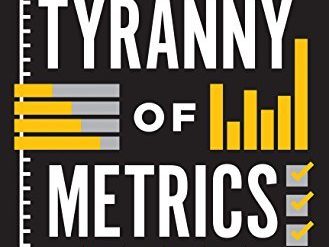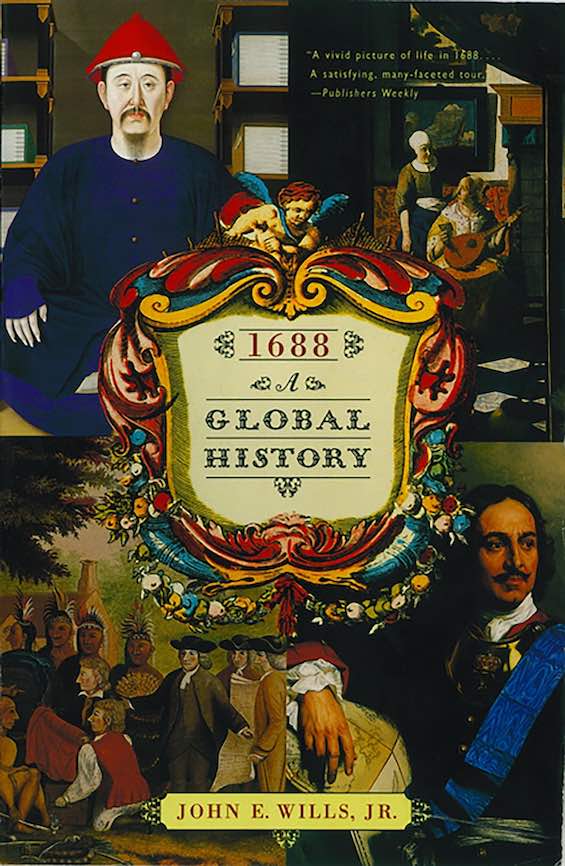
Sixteen eighty-eight is familiar to many English-speakers as the year of Britain’s Glorious Revolution, when William of Orange invaded England and restored the primacy of the Protestant religion in the nation’s affairs. But University of Southern California historian John E. Wills Jr. chose the year 1688 to illustrate the grand sweep of events all across the planet. He pictures the world in the early stages of globalization, focusing on the interaction of people speaking different languages and worshipping God (or gods) in different ways. The Columbian Exchange. The slave trade. Ongoing Muslim expansion into sub-Saharan Africa. Spanish silver flooding into China and Europe alike, bolstering trade and altering the balance of power between East and West. In 1688, a book of global history, Wills explores these themes, lending a human dimension to what we often regard today as the bloodless process of globalization.
Estimated reading time: 5 minutes
A harbinger of times to come
As the author notes in a prologue, “we can see in the world of 1688 signs of the basic shifts that created our own very different world: the rise of science; the growth of cities and commerce; government policies promoting economic growth; an immense variety of writing and publishing, some of it for broad urban audiences; some very individual and idiosyncratic acceptances and reinterpretations of the great religions; protests against slavery and the subordination of women.” But, above all, the increasing scope and intensity of contact across borders of men seeking wealth, power, or religious fulfillment.
1688: A Global History by John E. Wills Jr. (2001) 348 pages ★★★★☆
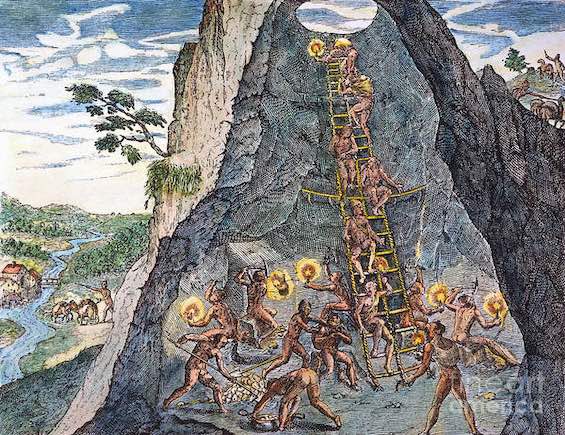
Global history viewed through the lens of interesting personalities
Wills is a talented writer as well as an accomplished historical scholar. In other hands, this global history book might well have become a recitation of historic events with brief profiles of the richest and most powerful figures of the time. Instead, he paints an impressionistic picture of the world of 1688 by zeroing in on lesser-known personalities whose experiences and accomplishments lend color and a sense of movement to the story. For example, among them are:
- Father Vincenzo Coronelli, a Venetian friar who founded the world’s first geographic society
- A cloistered Hieronymite nun named Sor Juana Inés de la Cruz, a Mexican who “is recognized today as one of the great poets in the history of the Spanish language”
- An English buccaneer named William Dampier, whose beautifully written journal provides some of the earliest glimpses of the Aborigenes of Australia
- Georg Everard Rumpf or Rumphius, a “brilliant and obsessed German in the service of the [Dutch East India Company],” which affords us “a sense of the Spice Islands in 1688”
- “An adventurer of Greek origin who called himself Constantine Phaulkon [who] had risen to great power as director of the [Thai] kingdom’s finances and foreign trade
There are many more fascinating personalities like these, scattered throughout the pages of 1688. Together, they convey a far more vivid picture of the world in that year than any recitation of kings and battles and shifting borders.
Gaining perspective on global history
Western histories of the seventeenth century typically and understandably devote the greatest attention to the expansion of the Spanish, English, and Dutch empires. But Ball brings new perspective to that time. “The greatest geopolitical transformation of the world of the seventeenth century,” he writes, “was the explosive expansion of Russian trade and settlement across Siberia.” Driven by the aggressive policies of Tsars Ivan V and Peter the Great, the Russian Empire expanded eastward into contact with the Qing Empire. The consequences in centuries to come were considerable.
We Westerners most frequently look to Paris, London, Madrid, and the Italian city-states whenever we venture into the history of the seventeenth century. But many of the world’s greatest cities of that era were located in China, Japan, India, and the Americas. For example, “In 1688 Edo [today’s Tokyo] was one of the largest cities in the world, with a population of more than nine hundred thousand.” In Europe, the biggest city was Istanbul, “with perhaps seven hundred thousand.” And many of the most consequential events of that time were rooted in such places, where people with darker skins held sway.
In 1688, John Wills wrote history the way it should always be written.
About the author
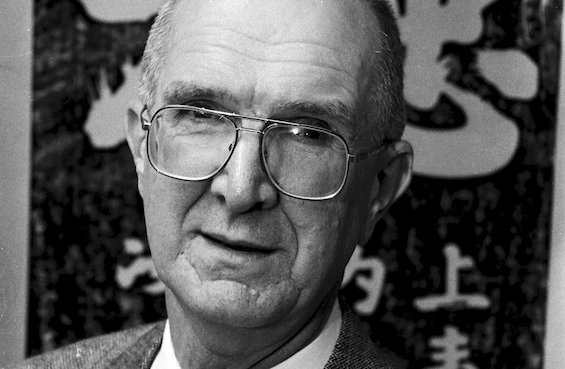
John E. Wills Jr. (1936-2017) taught Chinese history at the University of Southern California from 1965 until his retirement in 2004. However, he continued actively researching and meeting with students for many years afterward. A lengthy obituary on the USC website provides abundant details about his life. He held a bachelor’s degree from the University of Illinois and master’s and doctorate from Harvard. Wills was married for 58 years and was survived by his wife, Caroline.
For more reading
For other books that put history in perspective, see 20 top nonfiction books about history, Gaining a global perspective on the world around us, and especially New perspectives on world history.
1688 contains especially revealing chapters on China, as it represents the author’s specialty. You can find related books at 30 insightful books about China reviewed on this site. And there is equally revealing material here on the slave trade, which is further explored in Born in Blackness: Africa, Africans, and the Making of the Modern World, 1471 to the Second World War by Howard W. French (An eye-opening account of Africa’s pivotal role in world history).
And you can always find my most popular reviews, and the most recent ones, on the Home Page.

